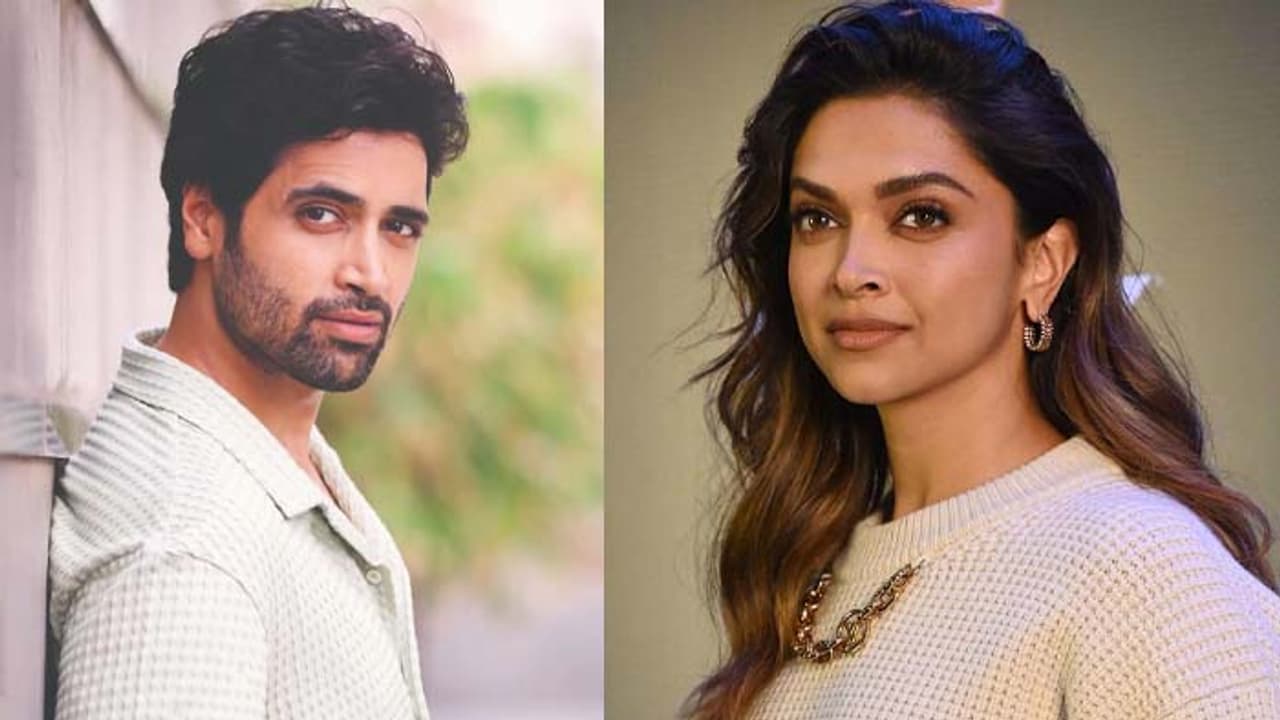Actor Adivi Sesh has weighed in on Deepika Padukone’s much-discussed 8-hour workday remark, offering a grounded take on the realities of filmmaking. Stressing that cinema isn’t a “9 to 5 job,” he highlighted why flexibility is essential in industry.
Debates are not new to the film industry; recently, Bollywood actress Deepika Padukone also made her mark through a comment about desiring an 8-hour long workday on set. While perceptive minds considered it lofty towards healthier work-life balance, egotists in the industry pointed out the actualities of filmmaking. Among them was leader Telugu actor who actually reacted, candidly, “This isn’t a 9 to 5 job.”
Adivi Sesh on Deepika Padukone’s 8-Hour Workday Remark
Deepika Padukone’s comments actually emerged in the discussion about better schedules that new Bollywood movies require, as both actors and actresses usually work at least 12 to 16 hours a day. She affirmed that as any other profession, actors should also have their own regimes incorporated hours and enough rest for which their physical and mental well-being would require sustaining. She found many sympathizers in her voice, especially among fans and wellness advocates, all of whom acknowledged that the industry needs to check burnout and more exerting conditions.
However, feasibility is found in such demands in filmmaking, but the division of opinions began here. Scheduling in the film industry is as unpredictable as that in aviation; and, unlike the corporate jobs, sometimes it might require very unimaginable challenges and very spontaneous creativity. Again, shooting will not only depend on directors and producers’ schedules but also elements such as weather, location permits, and artist availability.
Adivi Sesh’s Perspective
In response to Deepika Padukone’s articulated views, Adivi Sesh also acknowledged the importance of balancing things out, but he further laid emphasis on the fact that cinema isn’t corporate. In his own words, “This isn’t a 9 to 5 job. Films require more. It’s a creative space, and creativity doesn’t follow the clock.”
In fact, he said: “Movies involve the participation of hundreds of people working together towards a common goal-most times, a single delay would put the entire schedule off.” Even long hours must be required at some moments to get a film’s vision within deadlines. He also mentioned how regional cinema like Telugu often works with tighter timelines and smaller budgets, making flexibility essential.
The Larger Debate Within the Industry
Adivi Sesh’s remarks only encompass a larger ongoing debate: how to balance artistic commitment with human well-being. Although structured hours may not always be possible, many find that better practices can still be adopted within the industry, such as implementing scheduled breaks, on-time meal schedules, and restrictions on back-to-back night shooting to lessen pressure without compromising the production quality.
